Edema is swelling or puffiness within parts of the body, most commonly in the feet, ankles, and legs. Edema can also affect the face and hands, and pregnant women or older adults often get edema, but it can happen to anyone at any time. Edema is swelling caused by too much fluid trapped in the body's tissues. It can be temporary, such as when swelling during pregnancy or ingesting too much salt. Certain medications to treat high blood pressure can also cause fluid retention.
Swelling in the body can happen for many reasons. Summer heat can cause arms and legs to swell if you've been standing or sitting too long. Body parts can swell from an injury or overuse, and swelling can occur as a sign of an underlying medical condition.
In some cases, Edema may be a sign of a severe medical condition. A dangerous kind of blood clot called a deep vein thrombosis, or DVT can trigger sudden edema. Heart, liver, or kidney problems can also lead to swelling.
With a disease called congestive heart failure, the heart has issues pumping blood to all areas of the body. Congestive heart failure can cause fluid to pool in the legs; with kidney and liver disease, fluid can't pass through them quickly and can build up in the limbs.
What Are the Symptoms of Edema?
Symptoms of Edema include:
- Swelling or puffiness of the tissue right under the skin, especially in the legs or arms
- Stretched or shiny skin
- Skin that holds a dimple after being pressed, also known as pitting.
- Swelling of the belly or abdomen so that it is larger than usual
- Feelings of arm or leg heaviness
- Tightening or warming of the skin near the swelling
When Should You See a Doctor?
As soon as you notice the swelling, we recommend making an appointment with your health provider for the swelling. See a provider immediately if you have any of the following symptoms:
- Shortness of breath
- Irregular heartbeat
- Chest pain
- Severe swelling around eyes, ankles, and feet
- Foamy urine
- Fatigue
- Loss of appetite
What Causes Edema?
Many things can cause fluid buildup in our bodies, including:
- Sitting or standing in one position for too long
- Ingesting too much salt
- Being premenstrual
- Being pregnant
- Congestive heart failure
- Issues with the kidneys or liver
Medication can also cause edema as a side effect. Medicine include:
- High blood pressure medications
- Nonsteroidal anti-inflammatory medicines
- Steroid medicines
- Estrogens
- Certain diabetes medications called thiazolidinediones
- Medicines to treat nerve pain
How Can Compression Socks Help?
A fantastic pair of
high-quality compression socks and compression therapy garments are one of the best tools to help reduce swelling. By gently applying even pressure to your legs and ankles and supporting better blood flow from your legs to your heart, compression socks help support your capillaries and to work existing fluids out of tissues.
Not only do our compression socks help with edema symptoms, but they also provide many therapeutic benefits and offer various styles, colors, and themes to suit everyone's personality and preferences.
Whether seeking relief from edema or aiming to prevent swelling altogether, investing in excellent compression socks will help.
Compression socks gently squeeze the legs in a way that promotes better blood flow from the legs back toward the heart and can also help reduce blood pooling in the legs which can cause lightheadedness or falling when standing up. They also help prevent and ease fluid buildup, help prevent venous ulcers, and can help prevent the development of blood clots in the leg. In addition to all these benefits, they can also be worn to lessen the pain caused by varicose veins.
Our true graduated compression socks come in 15-20mmhg, which does not require a prescription to own or use. These are the most common forms of compression, applying the highest pressure to the ankle and gradually decreasing the pressure toward the calf and knee. This design promotes blood flow and pushes excess fluid out of the legs to be processed by the body.
Other types of compression socks that generally require a prescription are:
- Anti-embolism progression socks are designed to prevent blood clots from forming in the legs, particularly after surgery or for patients with extended periods of immobility. Like common compression socks, they are graduated with the highest pressure at the ankle that gradually decreases toward the calf and knee.
- Custom compression socks can be made to fit an individual's specific needs and body shape and are often prescribed by a health provider. Custom compression socks will have the exact amount of compression configured to the individual's needs that can't be addressed with off-the-shelf compression socks.
Choosing the Right Compression Socks for Edema
Before choosing the right compression socks for your edema, several factors must be considered. First and most importantly, you must consult your healthcare provider to get their recommendations. Next, you will want to consider what materials the socks are made from, the reputation of the sock's manufacturer, their quality, and whether or not the compression level is correct for you.
To enjoy the benefits of compression socks, you must ensure they fit correctly. We recommend that you take accurate measurements of your legs and ankles so that you can purchase the correct size and fit. If you want to learn more about sizing, please check our article,
What Size Compression Socks Do I Need?
How Long Should I Wear Compression Socks?
Your health provider may ask you to wear your compression socks from morning to bedtime for several days, weeks, years, or even the rest of your life, depending on your health condition.
As for daily compression sock wear, you should wear your compression socks first thing in the morning before standing and getting out of bed and wear them until bedtime.
For best results, always wear compression socks on dry skin, and wear the socks as prescribed by your healthcare provider.
When you need relief from edema, swelling, tired feet, and more, compression socks will help ease pain and symptoms.

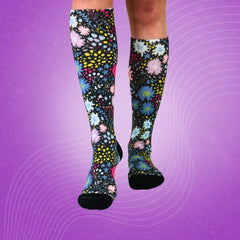
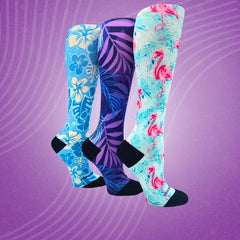
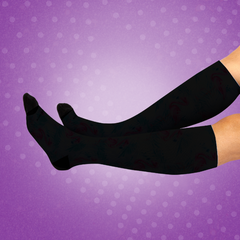
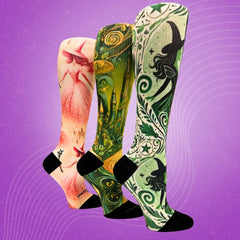
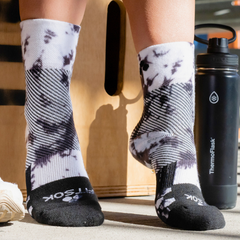
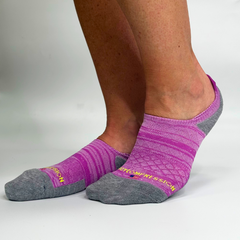
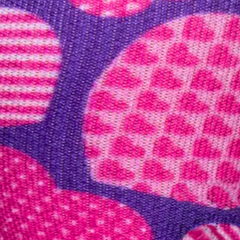
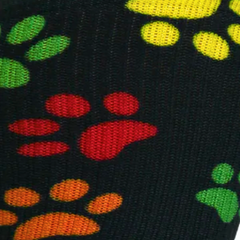









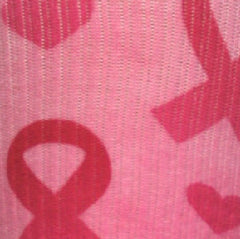
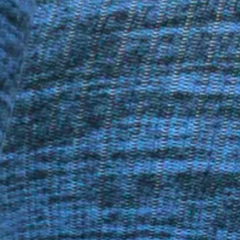
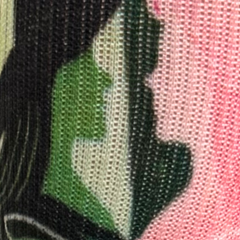




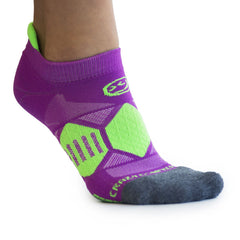

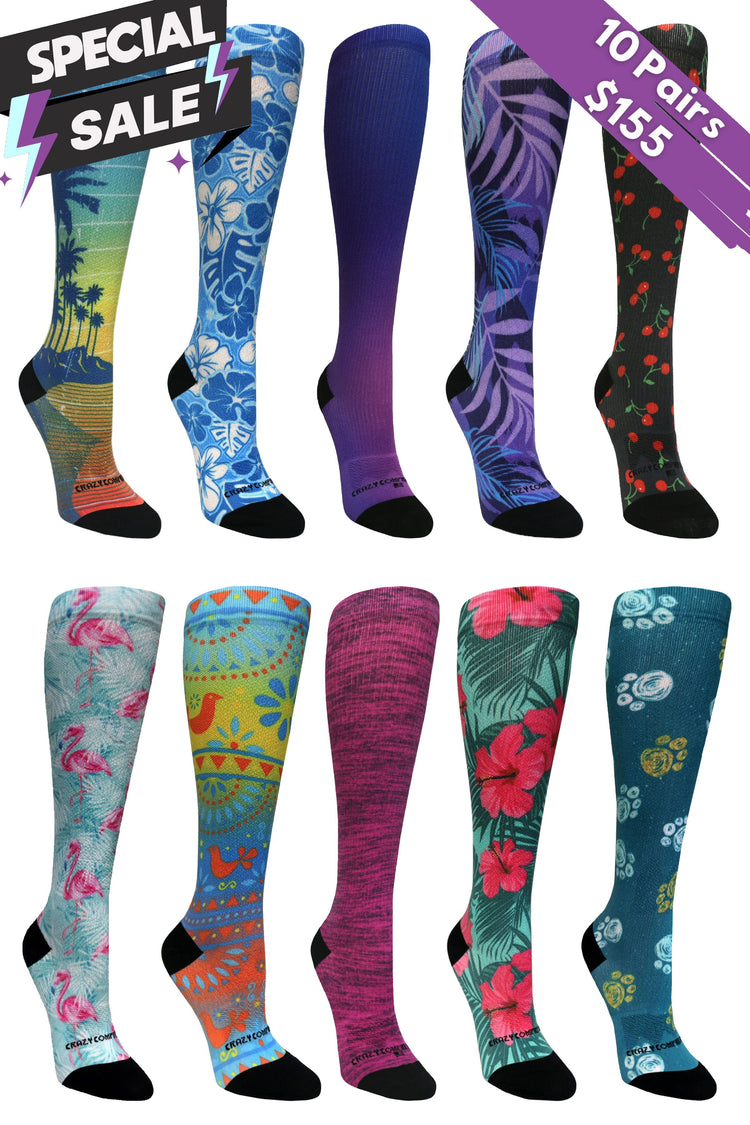



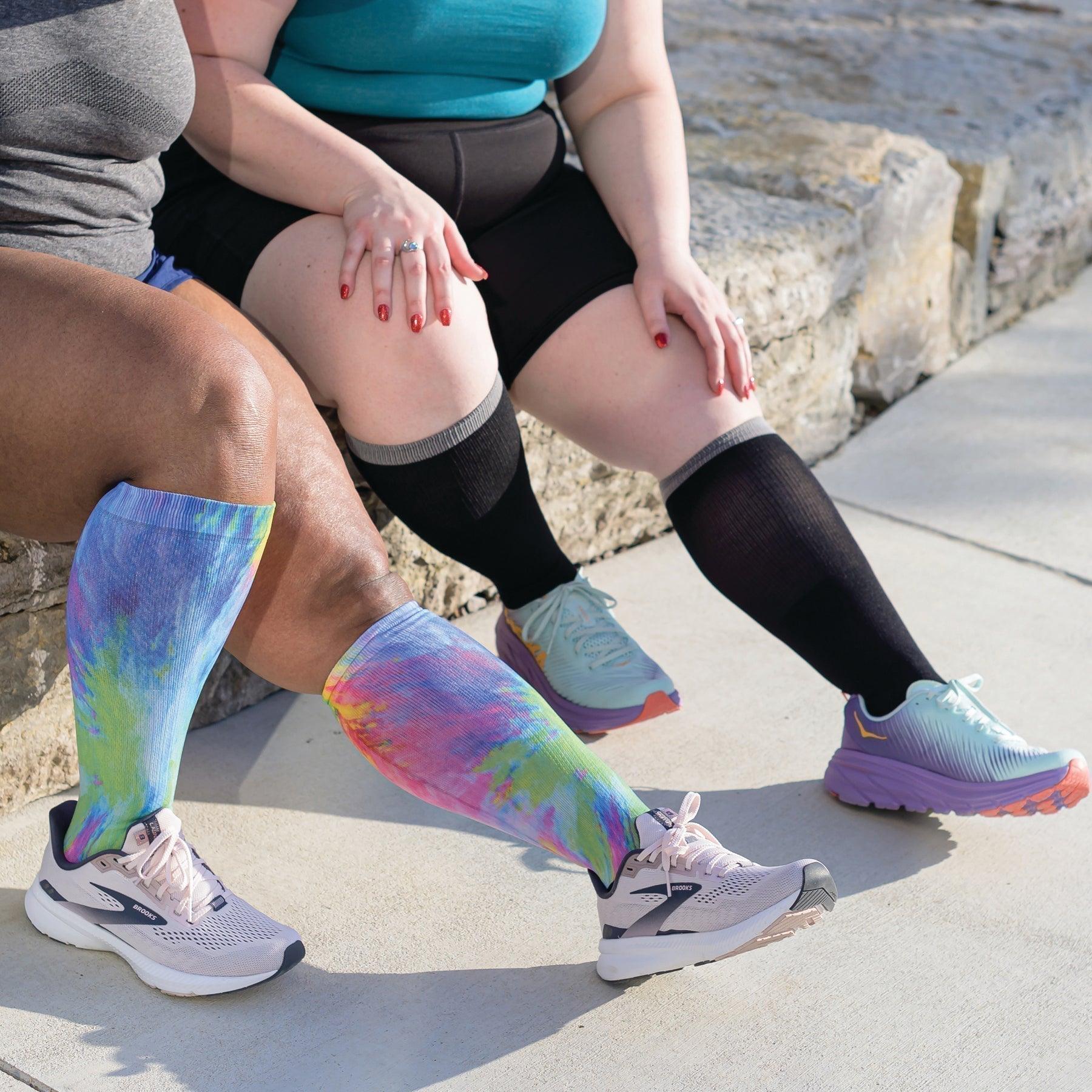

Leave a comment
This site is protected by hCaptcha and the hCaptcha Privacy Policy and Terms of Service apply.